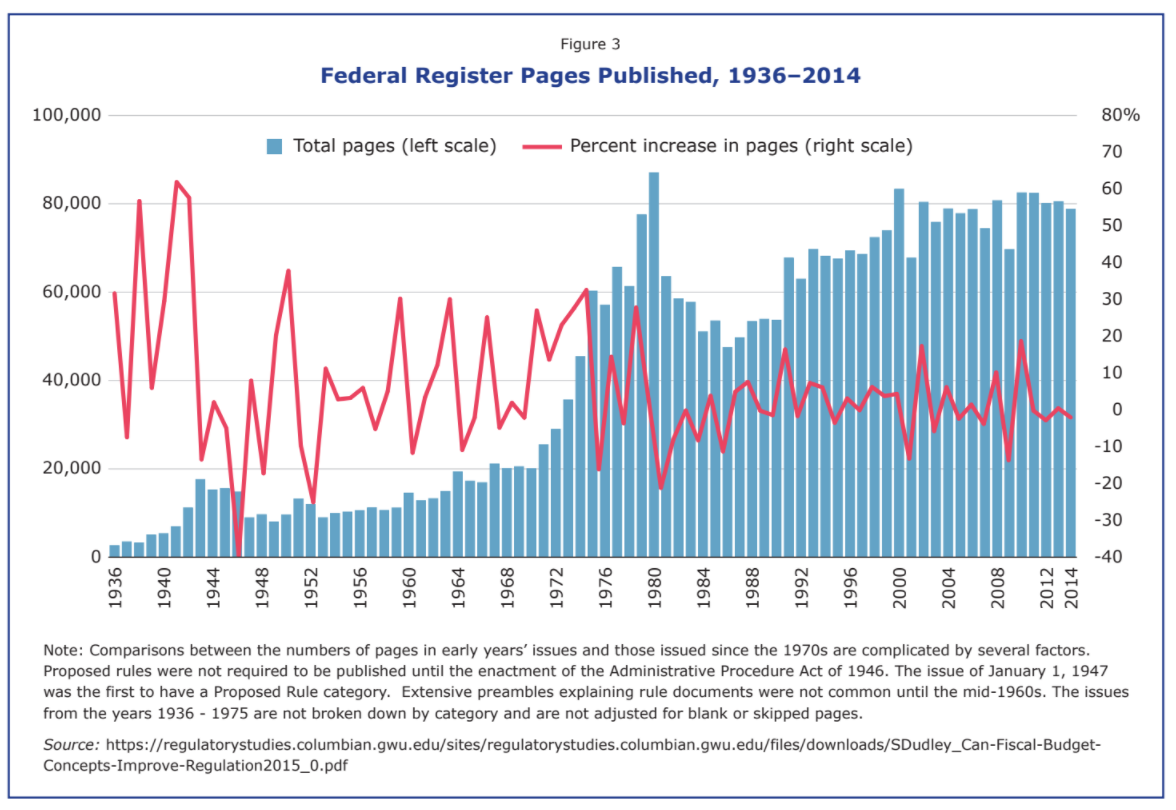
The cornerstone laws of federal contracting are the Competition in Contracting Act of 1984, which enhanced competition in federal contracting and established a variety of acquisition procedures, including competitive negotiation, and the Federal Acquisition Streamlining Act of 1994 and the Federal Acquisition Reform Act of 1995, which simplified the federal contracting process.
Federal contracting is mainly governed by Titles 10 and 41 of the United States Code. The Federal Acquisition Regulation (“FAR”) and agency FAR Supplements provide uniform policies and procedures for most federal agency acquisitions. The FAR is found in Title 48 of the Code of Federal Regulations (“C.F.R.”).
The United States is a party to the WTO Government Procurement Agreement (“GPA”). Three submissions from the US to the WTO (http://www.wto.org) give an overview of federal contracting policies and procedures.
Rules and Regulations in relation to contracting in specific sectors or areas

Contracting in the US is subject to federal contracting statutes implemented by FAR, agency FAR Supplements, and other agency guidance. For example, the Department of Defense is responsible for most military contracting. Therefore, it is subject to special rules found in the Department of Defense FAR Supplement (“DFARS”) and guidance published by the Principal Director, Defense Pricing and Contracting.
The FAR contains provisions for a wide range of contracting options, including:
- contracting commercial items (FAR Part 12)
- major system acquisitions (FAR Part 34)
- research and development contracting (FAR Part 35)
- construction contracting (FAR Part 36)
- service contracting (FAR Part 37)
- and acquisition of information technology (FAR Part 39)
The National Aeronautics and Space Administration (NASA) and the Department of Defense (DOD) can enter into “other transaction agreements.” These are not subject to the full range of regulations that apply in most federal contracting.
Other areas of national law relevant to public contracting
In addition to federal contracting law, general contract law and certain criminal laws also apply to federal contractors. Notably, the various laws targeting fraud, waste, and abuse of federal funds. For example, under the civil False Claims Act, 31 U.S.C. §§ 3729–3733, contractors may be subject to triple damages and penalties for submitting false claims to the government. Contractors must also comply with the post-government employment restrictions set forth in the Contracting Integrity Act, 41 U.S.C. §§ 2101–2107. They also need to implement FAR and Office of Government Ethics regulations.
Under the Freedom of Information Act, 5 U.S.C. § 552, Government records are available to the public. Exemptions to the act protect contractor trade secrets and confidential commercial information.
Federal tax law also applies to federal contracting. For example, there is a 2% excise tax on payments to a foreign person or foreign business entity under a federal contracting contract for goods produced in a country that is not a party to an “international contacting agreement” (e.g., the WTO GPA) or for services provided in a country that is not a party to such an agreement. The Internal Revenue Service has issued regulations implementing Section 5000C, which includes certain exemptions along with a list of countries with tax treaties exempting nationals of those countries from the tax.
Linda Rawson, who is the founder of DynaGrace Enterprises (dynagrace.com), an 8(a) graduate and EDWOSB, contributed to the content of this blog. She is the founder of GovCon-Biz. For further information, please connect with Linda on LinkedIn, or contact her at (800) 676-0058 ext 101.
Please reach out to us at GovCon-Biz should you have any questions.






